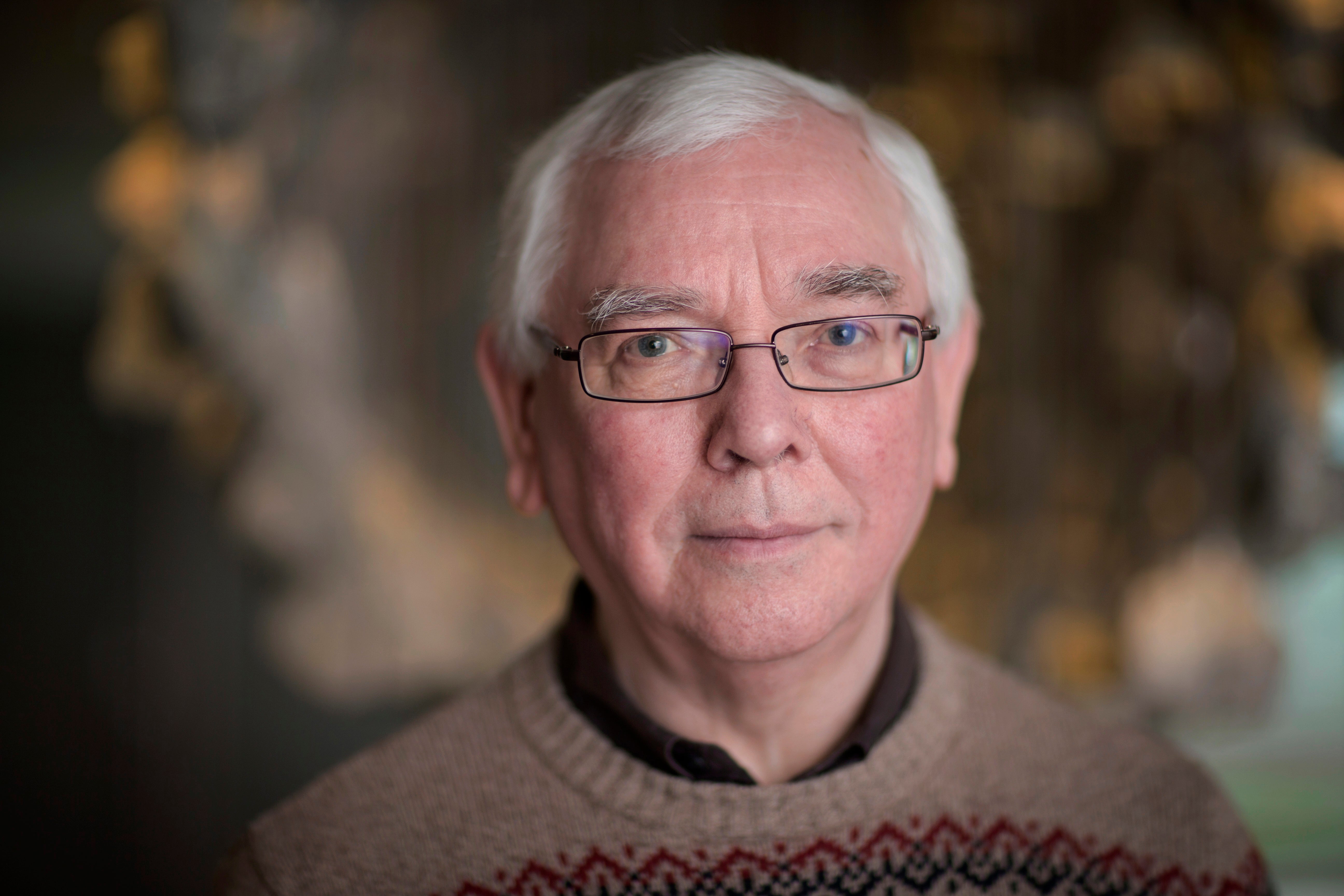Terence Davies, filmmaker of the lyrical 'Distant Voices, Still Lives,' dies at the age of 77
British filmmaker Terence Davies has died at the age of 77

British filmmaker Terence Davies, best known for a pair of powerful, lyrical movies inspired by his childhood in postwar Liverpool, has died at the age of 77.
Davies’ manager John Taylor said the director died “peacefully at home in his sleep” on Saturday after a short illness.
Raised in a large working-class Roman Catholic family in the English port city, Davies worked as a clerk in a shipping office and a bookkeeper in an accountancy firm before enrolling at a drama school in the city of Coventry and later the National Film School.
After making several short films, Davies made his feature debut as writer-director in 1988 with “Distant Voices, Still Lives,” a dreamlike — sometimes nightmarish — collage of a film that evoked a childhood of poverty and violence leavened by music and movie magic. The film won the Cannes International Critics Prize in 1988, and in 2002 was voted the ninth-best film of the past 25 years by British film critics.
Davies followed it in 1992 with another autobiographical film, “The Long Day Closes,” and later returned to Liverpool for a 2008 documentary, “Of Time and the City.”
Michael Koresky, author of a book on Davies; said the director’s two autobiographical features “are melancholy, occasionally harrowing, and are also indescribably beautiful, two of the greatest works in all of cinema.”
“Arguably, he doesn’t even have imitators; no one would dare,” Koresky wrote on the British Film Institute website.
The autobiographical films opened the door to bigger budgets and more mainstream films, still showcasing Davies' distinctive lyricism and often set in the 19th or early 20th centuries.
His 1995 film “The Neon Bible” was based on a John Kennedy Toole novel and set in the U.S. Deep South. “The House of Mirth,” released in 2000, starred Gillian Anderson in an adaptation of Edith Wharton’s classic, and won the prize for best British Film at the 2001 British Academy Film Awards.
His 2011 film “The Deep Blue Sea,” based on a Terence Rattigan play. Starred Rachel Weisz as a woman torn between her dependable husband and feckless lover.
Model and actress Agyness Deyn starred in “Sunset Song,” a hymn to rural Scotland released in 2015, and Davies depicted the life of poet Emily Dickinson — played by Cynthia Nixon — in the 2016 film “A Quiet Passion.”
Davies’ final film, “Benediction,” was based on the life of World War I soldier and poet Siegfried Sassoon. It starred Jack Lowden, Peter Capaldi and the late Julian Sands.
Bookmark popover
Removed from bookmarks